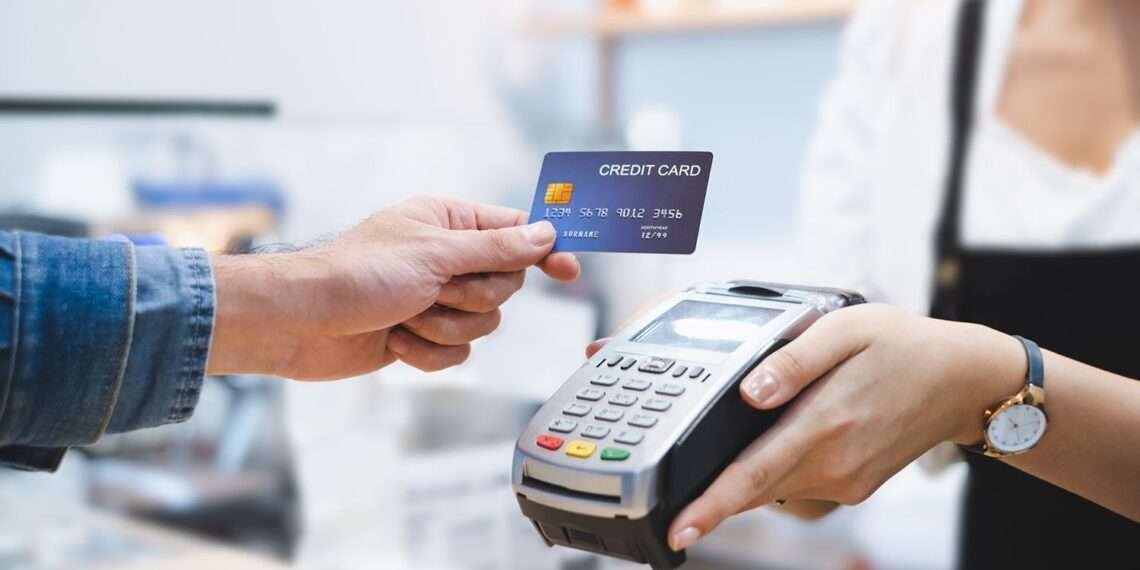Indonesia’s card payments market is forecast to grow by 10.7 per cent, reaching IDR619.5 trillion ($44.2 billion) in 2022, after the COVID-19 pandemic affected the card payment space, according to GlobalData.
The trajectory towards recovery is buoyed by the gradual rise in consumer spending, which Fitch, the research arm of the Fitch Group projects will grow by 4.1 per cent in 2022.
Like most countries globally, Indonesia was also adversely affected by the COVID-19 pandemic. A large scale lockdown and social distancing restrictions were imposed in the country, which resulted in the closure of businesses, and brought domestic and international travel to a halt. This, in turn, negatively affected card payments to decline by 22.4 per cent in 2020.
Consumer confidence levels in Indonesia were on an upward trajectory for the first half of 2021, before recovery momentum was curtailed from July 2021 onwards due to the country’s growing number of Covid-19 cases.
Indonesia’s consumer confidence index later recovered to 118.5 in November 2021- the highest figure since the pandemic began- from 113.4 in the previous month, as a result of easing Covid-19 restrictions, Fitch said.
“In spite of this recovery, we continue to note further downside risks to our forecast given the threat posed by new Covid-19 variants which could further affect both retail sales and consumer confidence.”
Fitch Solutions
Economic Conditions Improve
With the gradual improvement in economic conditions and the vaccination programme gathering momentum, card payment was forecast to grow by 8.4 per cent in 2021, reaching IDR559.9 trillion ($40 billion).
Ravi Sharma, Lead Banking & Payments Analyst at GlobalData, commented:
“Indonesia, which is primarily a cash driven economy, made progress in the adoption of card payments in the past few years supported by government initiatives, increasing banked population, rising consumer awareness of electronic payments, and increasing merchant acceptance.”
According to GlobalData, the recovery in card payments is driven by debit cards, with their payments value expected to grow by 14.3 per cent in 2022, supported by migration of cash transactions to debit cards.
Credit and charge cards payments, on the other hand, are expected to register 5.4 per cent growth over the same period due to reduced consumer spending on airline tickets, hotels, restaurants, and transportation because of lockdown and travel restrictions.
The government, in collaboration with central bank, has been taking various initiatives to encourage payment card adoption and reduce dependence on cash. To offer secured payment experience and boost consumer confidence, all debit cards were migrated to the EMV standard before the central bank’s deadline of December 31, 2021.
In addition, to encourage credit card usage, monthly interest rate charged on credit cards was capped at 1.75 per cent effective from July 1, 2021, reducing from the previous rate of 2 per cent.
Sharma further indicated that: “The Indonesian payments card market registered sustained growth in the last few years. Although, the COVID-19 crisis has hampered the growth trajectory, improving payments infrastructure and government initiatives will aid payment cards market growth over the next few years.”
READ ALSO: 100% Waiver on EV Imports Commendable, Expand Recharging Networks- Energy Consultant




















